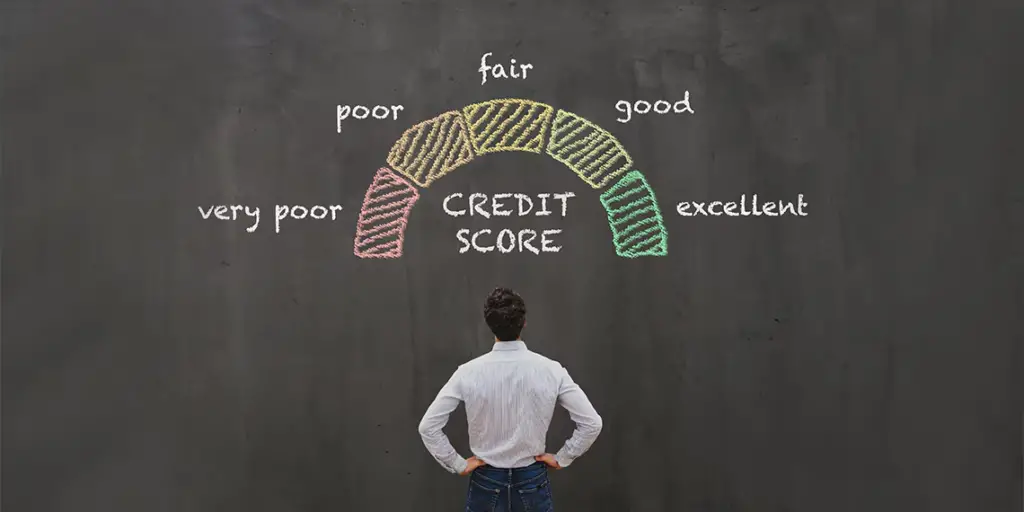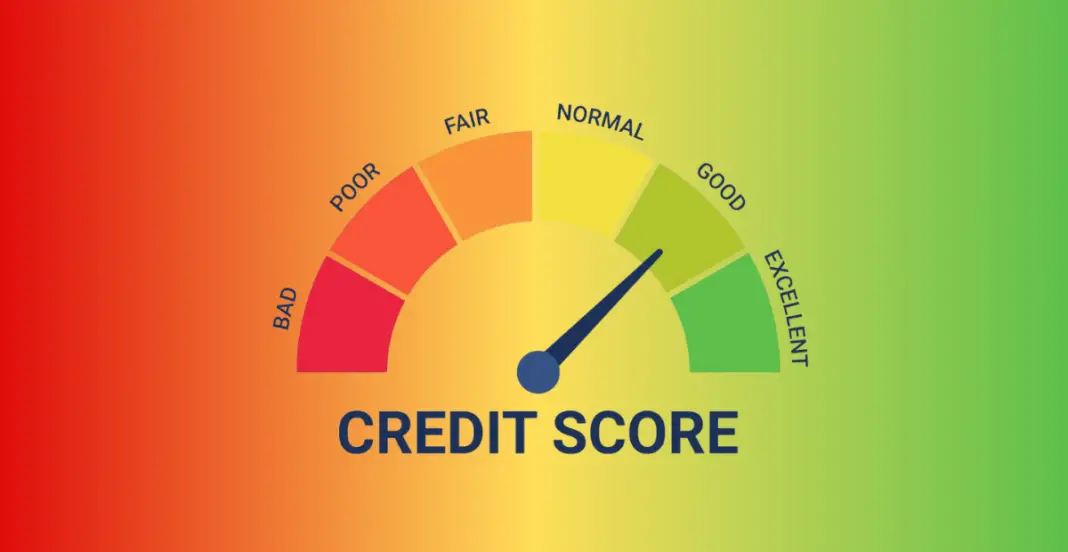Credit scores are a critical aspect of personal finance, influencing everything from loan approvals to interest rates. Having navigated the complexities of credit scores myself, I understand the importance of grasping how they work and knowing strategies to improve them. This comprehensive guide will delve into the essentials of credit scores, providing actionable insights to help you manage and boost your score effectively.
Introduction
Credit scores play a pivotal role in financial health, affecting your ability to secure loans, obtain favorable interest rates, and even get approved for rental properties. Understanding how credit scores are calculated and the steps you can take to improve them is essential for anyone looking to maintain financial stability.
What is a Credit Score?
A credit score is a numerical representation of your creditworthiness, based on your credit history. Lenders use this score to evaluate the risk of lending money to you. Scores typically range from 300 to 850, with higher scores indicating better creditworthiness.
How are Credit Scores Calculated?
Credit scores are calculated using several factors, each contributing differently to your overall score. Here’s a breakdown:
1. Payment History (35%)
Payment history is the most significant factor in your credit score. It reflects whether you’ve paid your past credit accounts on time. Late payments, defaults, and bankruptcies can severely impact your score.
2. Credit Utilization (30%)
Credit utilization refers to the ratio of your current credit card balances to your credit limits. Maintaining a low credit utilization rate (preferably below 30%) is crucial for a good credit score.
3. Length of Credit History (15%)
The length of your credit history considers how long your credit accounts have been open. A longer credit history generally contributes positively to your score.
4. New Credit (10%)
This factor looks at how many new credit accounts you’ve opened recently. Opening several new accounts in a short period can be seen as a risk.
5. Credit Mix (10%)
Having a diverse mix of credit types, such as credit cards, mortgages, and auto loans, can positively influence your score.
Why is a Good Credit Score Important?

A good credit score opens doors to better financial opportunities. Here are some benefits of maintaining a high credit score:
- Lower Interest Rates: High credit scores typically qualify for lower interest rates on loans and credit cards.
- Better Loan Approval Chances: Lenders are more likely to approve loans for individuals with good credit scores.
- Higher Credit Limits: Creditors may offer higher credit limits to those with excellent credit scores.
- More Rental Options: Many landlords check credit scores before approving rental applications.
- Improved Insurance Rates: Some insurance companies use credit scores to determine premiums.
How to Improve Your Credit Score
Improving your credit score takes time and consistent effort. Here are some practical steps to help you boost your score:
1. Check Your Credit Report Regularly
Regularly reviewing your credit report helps you identify errors or fraudulent activities that could be negatively impacting your score. You can get a free credit report annually from each of the three major credit bureaus: Equifax, Experian, and TransUnion.
2. Pay Your Bills on Time
Timely payments are essential for maintaining a good credit score. Set up automatic payments or reminders to ensure you never miss a due date.
3. Reduce Your Debt
Pay down your outstanding balances, starting with high-interest debt. Reducing your overall debt load can positively impact your credit utilization ratio.
4. Avoid Opening Multiple New Accounts
Each time you apply for new credit, a hard inquiry is made on your credit report, which can temporarily lower your score. Avoid opening multiple new accounts within a short period.
5. Keep Old Accounts Open
The length of your credit history affects your score, so keep older accounts open, even if you don’t use them regularly. This can help maintain a longer average credit age.
6. Use Credit Responsibly
Only charge what you can afford to pay off each month. Responsible credit usage demonstrates to lenders that you can manage debt effectively.
READ ALSO: 5 best fast loans for emergency cash
Common Myths About Credit Scores
There are many misconceptions about credit scores. Here are some common myths debunked:
Myth 1: Checking Your Credit Report Lowers Your Score
Fact: Checking your own credit report is considered a soft inquiry and does not affect your credit score.
Myth 2: Closing Unused Accounts Improves Your Score
Fact: Closing old accounts can shorten your credit history and increase your credit utilization ratio, potentially lowering your score.
Myth 3: Paying Off a Debt Removes It From Your Credit Report
Fact: Paid-off debts remain on your credit report for up to seven years but show as paid, which is better than having outstanding debt.
FAQs About Credit Scores
- What is a good credit score?
- A good credit score typically ranges from 700 to 749. Scores of 750 and above are considered excellent.
- How often should I check my credit report?
- It’s advisable to check your credit report at least once a year to ensure accuracy and detect any potential fraud.
- Can I improve my credit score quickly?
- Improving your credit score takes time and consistent effort. There are no quick fixes.
- How does credit utilization affect my score?
- High credit utilization indicates higher risk and can lower your score. Aim to keep your utilization below 30%.
- Do student loans affect credit scores?
- Yes, student loans are considered in your credit mix and payment history, impacting your score.
- What is the difference between a hard and soft inquiry?
- A hard inquiry occurs when a lender checks your credit for a loan or credit card application, which can slightly lower your score. A soft inquiry, such as checking your own credit, does not affect your score.
- How long does negative information stay on my credit report?
- Most negative information remains on your credit report for seven years, except for bankruptcies, which can stay for up to ten years.
- Can I get a loan with a low credit score?
- While it is possible, a low credit score can result in higher interest rates and less favorable terms.
- Does having no credit history affect my score?
- Yes, having no credit history can make it difficult for lenders to assess your creditworthiness, often resulting in a lower score.
- How do credit scores vary by credit bureau?
- Credit scores can vary slightly between bureaus due to differences in the information they collect and how they calculate scores.



